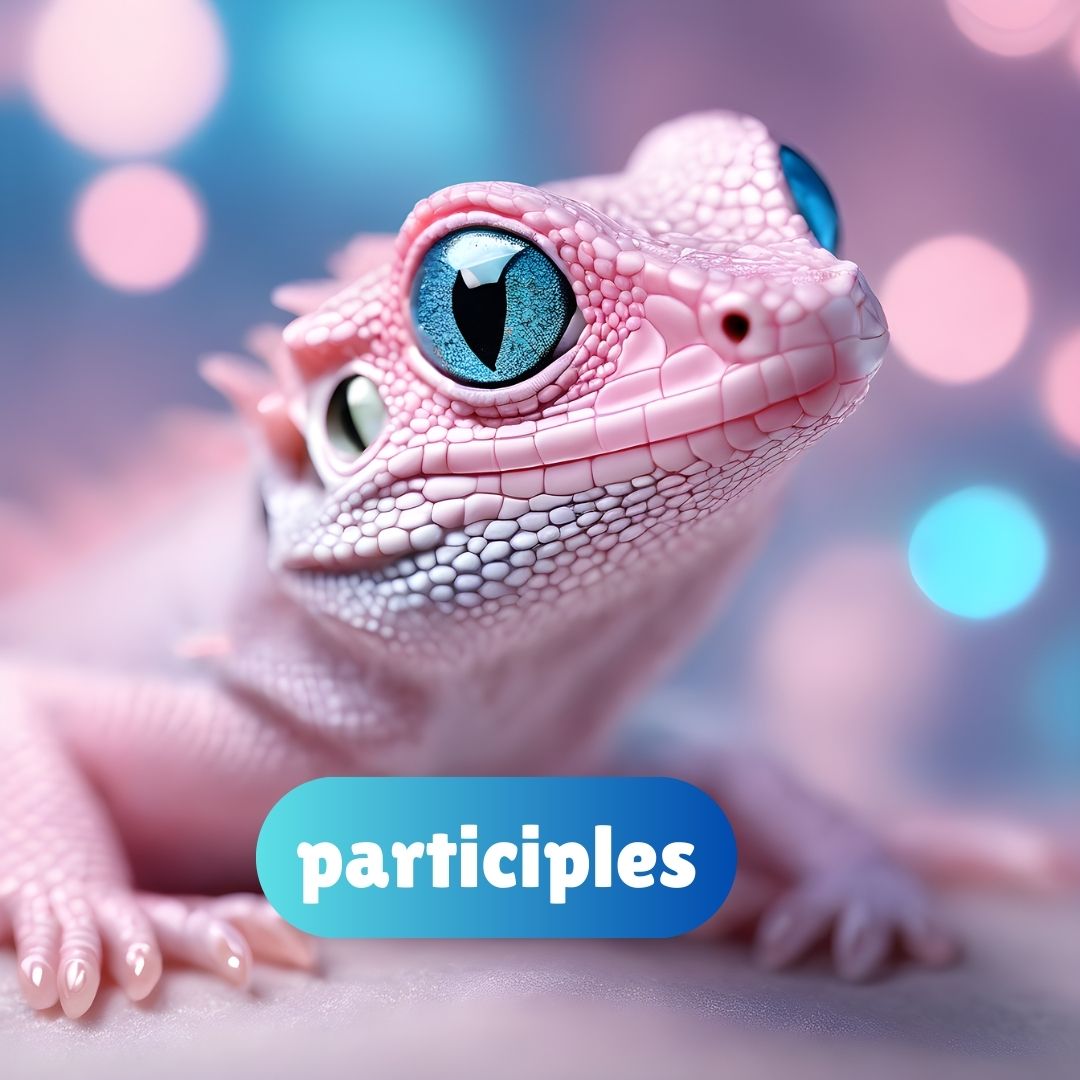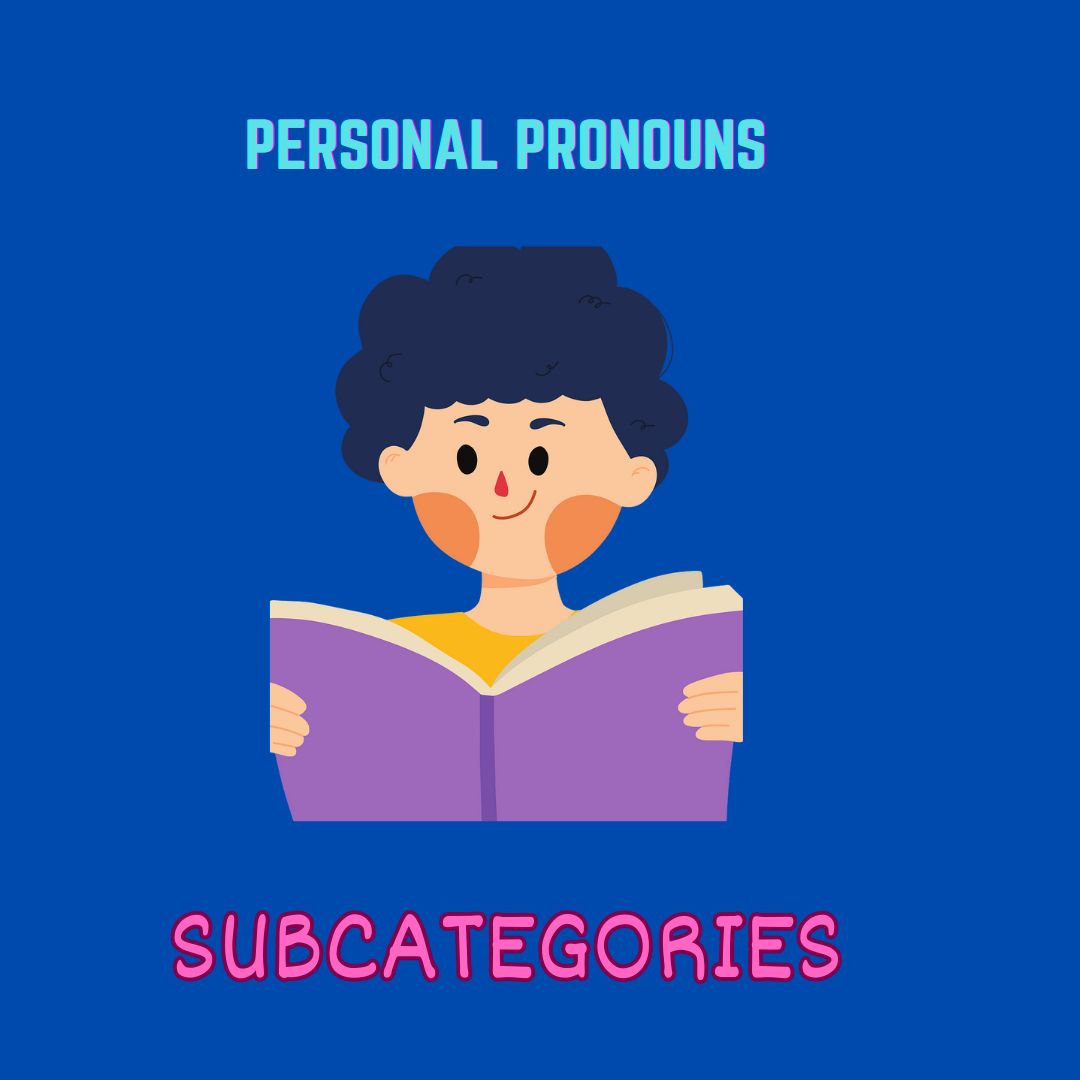Tag: absolute

The Participle-Non-Finite form of the Verb
The participle is a non-finite verb form that possesses properties of both verbs and adjectives (and sometimes adverbs). It can be used to create verb phrases, participial phrases, and adjectival phrases. Participles, as verb forms that function as adjectives, can be used to modify or describe nouns, effectively turning them into attributes. When a participle is used to modify a noun, it acts like an adjective, providing additional information about the noun.

Possessive Pronouns
Possessive pronouns are used to show ownership or possession of something. They have two forms: absolute and dependent.

Personal Pronouns and their subcategories
Personal pronouns can be further classified into three subcategories: Subjective pronouns (I, you, he, she, it, we, they) Objective pronouns (me, you, him, her, it, us, them) Possessive pronouns (mine, yours, his, hers, its, ours, theirs)